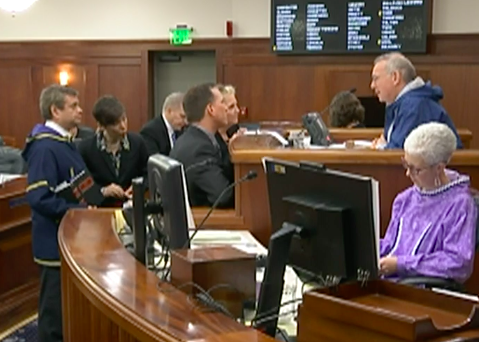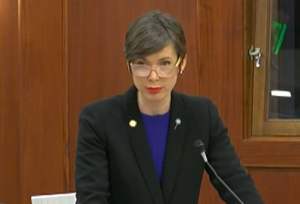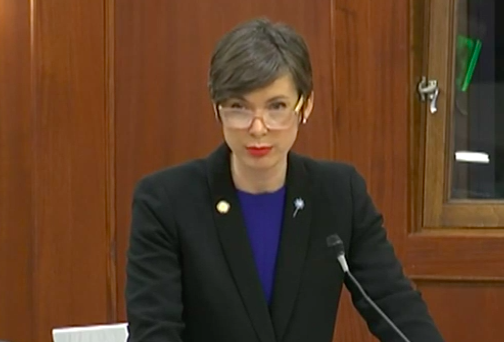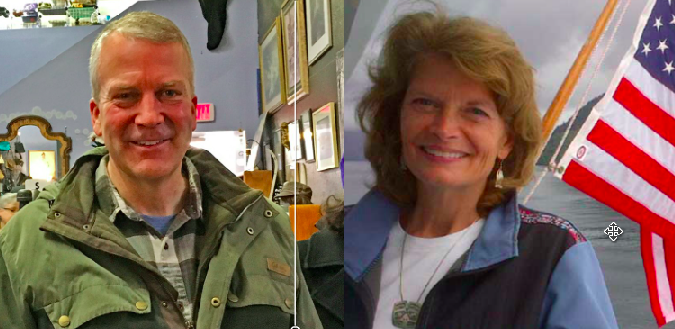The House has passed HB 14, a bill that makes certain sex-related crimes more serious. It partially closes the loophole in Alaska law made famous by Justin Schneider.
Schneider is the Anchorage man who strangled to unconsciousness a woman and then ejaculated on her. Schneider walked free because he was given credit for time served for wearing an ankle monitor during his months of legal troubles that resulted from his crime.
Schneider picked up the woman at a gas station in Spenard and offered to give her a ride to her home to Muldoon. Instead, he detoured to a dead end street in the nearby Turnagain neighborhood, where he struck her to the ground, strangled her to unconsciousness, and masturbated onto her. Then he left her to fend for herself and his gooey mess, and drove off.
Schneider spent just a few weeks in jail, but the rest of his “custody” was at his parents’ house in Homer, where he was on house arrest awaiting sentencing.
HB 14, sponsored by Rep. John Lincoln, is similar to SB 12, offered by Sen. Peter Micciche, which is currently under consideration in Senate Finance Committee.
The two bills came in response to the legal loophole allowing serious criminals to walk free without jail time, as Schneider did last September. That case garnered such attention that a local movement was born. For the first time in Alaska history, a judge was removed by voters, even though he was simply following the law passed by the Alaska Legislature to allow ankle monitor time to count toward a sentence.
HB 14 classifies unwanted contact with ejaculate as a sex crime, which means perpetrators can be required to register as sex offenders, and makes strangulation to the point of unconsciousness an assault in the first degree, which carries a sentence of 5 to 20 years. It also makes such strangulation an aggravating factor during sentencing. The bill makes it clear that a “dangerous instrument” can be hands or other body parts used to strangle another person.
Failing to pass the House was Amendment 2, offered by Rep. Lance Pruitt. That amendment stated that a court may not grant credit for time served in a private residence or under electronic monitoring, unless that person has spent time in a treatment program.
Pruitt argued that with electronic monitoring being used for credit, defense attorneys can run out the clock for their clients by using judicial tricks of the trade, which means people convicted of these serious crimes can still avoid jail time.
But lawyer Rep. Matt Claman argued against that amendment.
The vote for the amendment went along caucus lines, with all members of the Democrat-led majority voting against it except for Rep. Geran Tarr.
Republicans, who are in the House minority, voted for the amendment.
With that amendment defeated the bill passed with all members present voting for it, with the exception of Rep. David Eastman, who said it needed more work because it was creating new, unintended loopholes that could sweep in innocent people.
[Read: Micciche, Lincoln bills filed to close Schneider loophole]











